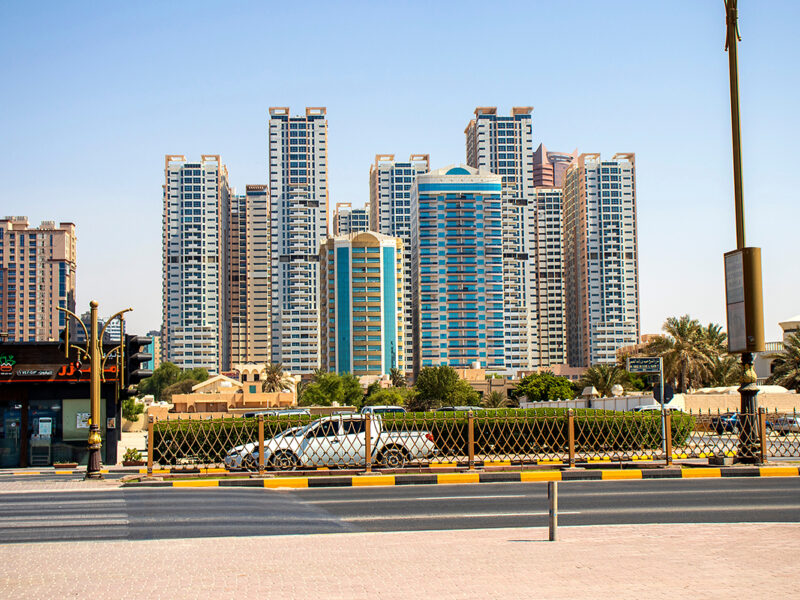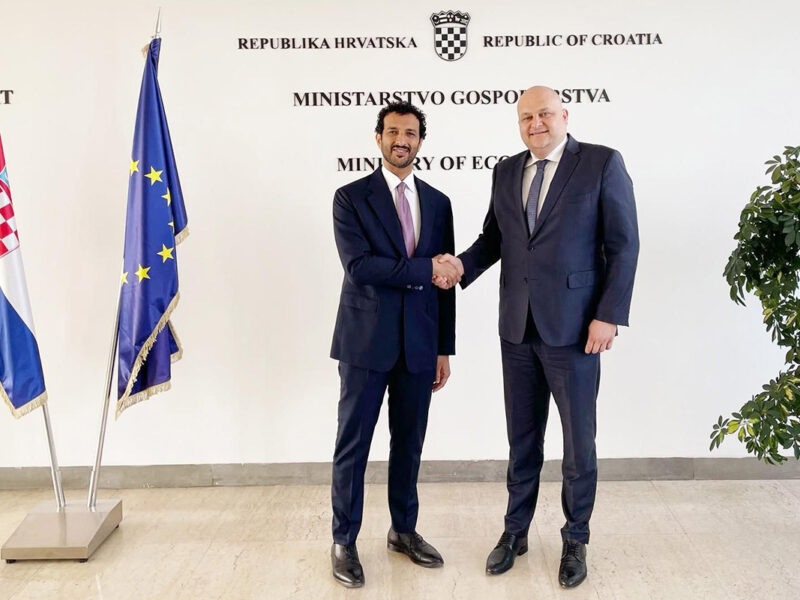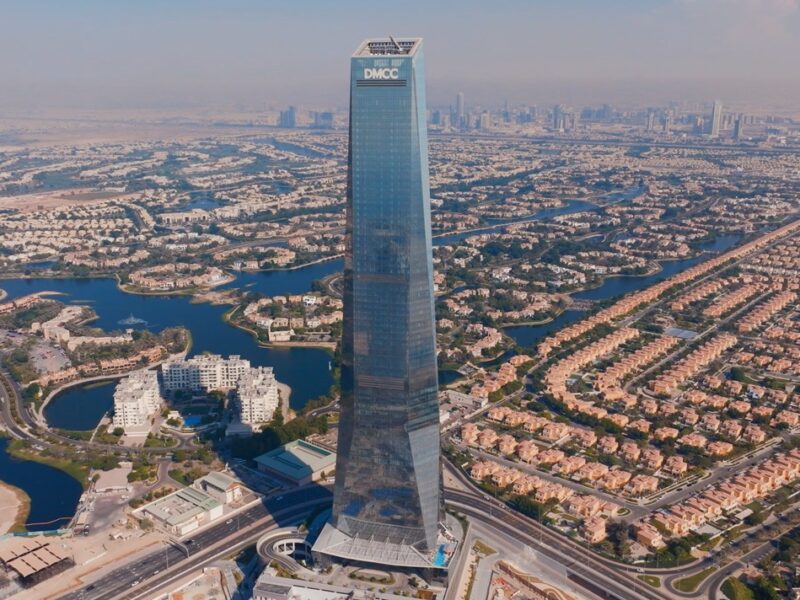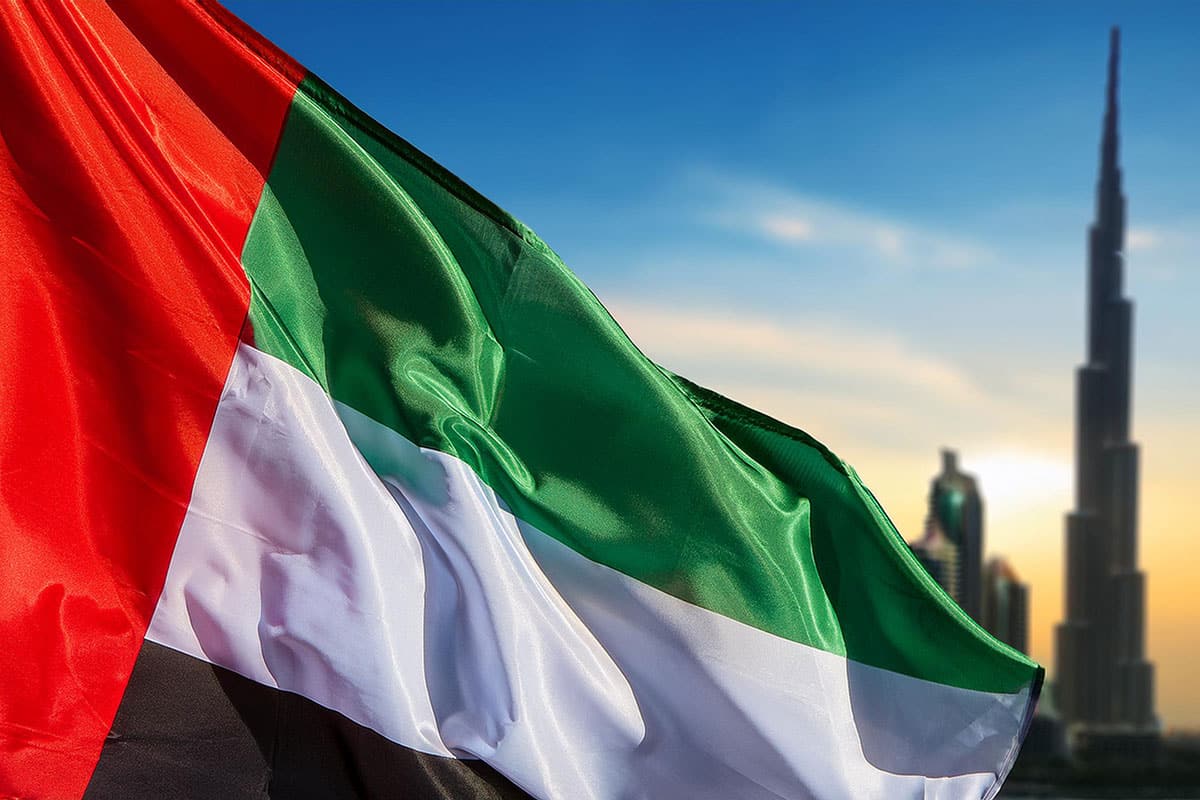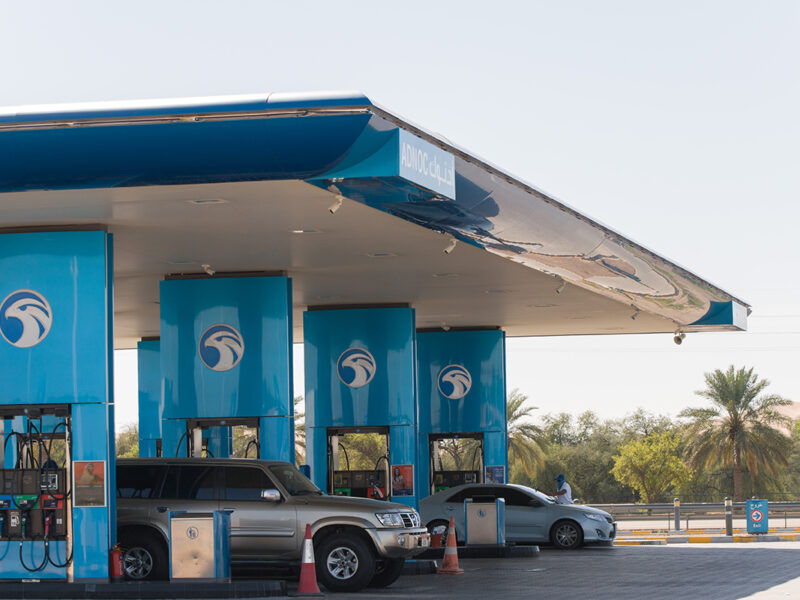The United Arab Emirates is crafting a governance blueprint that could reshape how nations prepare for an increasingly complex future, according to a senior official, as the Gulf country seeks to cement its position as a global trendsetter.
Ruqayya AlBlooshi, Executive Director for International Relations and Government Knowledge Exchange at the UAE Prime Minister’s Office, revealed the country’s ambitious strategy in an exclusive interview.
Speaking on the sidelines of the Emirati Women Achievers event in Abu Dhabi, AlBlooshi outlined how the UAE is tackling pressing global issues from climate change to artificial intelligence, often before they hit the mainstream agenda.
“The UAE Government has created a unique model for governance,” AlBlooshi told Arabian Business. “We’re not just preparing for the future; we’re actively shaping it.”
This forward-thinking approach was evident in the UAE’s recent moves. The country hosted COP28, the UN Climate Change Conference, positioning itself at the forefront of global environmental policy. In a world first, the UAE also appointed a dedicated Minister of Artificial Intelligence, signalling its commitment to embracing and regulating emerging technologies and set out a comprehensive blueprint for the adoption of AI across sectors.
These initiatives are part of a broader strategy to diversify the Emirates’ economy and influence. “We’re setting the standard, not just in the region, but globally,” AlBlooshi stated, pointing to the country’s first-of-its-kind policy on circular economy as an example of its pioneering spirit.
The UAE’s governance model was put to the test during the COVID-19 pandemic, a crisis that AlBlooshi believes showcased the nation’s resilience.
“If it proved anything, it’s how agile the UAE community is,” she said. The country’s pandemic response earned it top rankings in global indices and further boosted its reputation for effective governance.

Central to the UAE’s strategy is its partnership with the World Economic Forum to host the Global Future Councils. This platform brings together 500 thought leaders from academia, philosophy, and the private sector to tackle global challenges. “We’re not just participating in global discussions; we’re shaping them,” AlBlooshi said.
The UAE’s approach is attracting attention from other nations, particularly in the Middle East and North Africa region, where a burgeoning youth population is hungry for opportunity.
“More than half of the youth in the MENA region are below 30 years old,” AlBlooshi noted. “We’re creating an ecosystem for them to establish companies, study, and contribute to the advancement of not just the UAE, but the entire region.”
As geopolitical tensions mount and global challenges multiply, the UAE’s model of governance could offer a template for other nations. By focusing on future readiness and boosting innovation, the Gulf country is positioning itself as more than just a regional power — it’s aiming to be a global leader in 21st-century governance.
“We stand on the shoulders of our mothers and grandmothers,” AlBlooshi reflected, linking the country’s ambitious future to its resilient past. “Their courage inspired us to forge into new sectors. Now, it’s our responsibility to build on that legacy and inspire the next generation.”
As the UAE continues to push boundaries in governance and innovation, one thing is clear: this small Gulf state is not content to simply follow global trends. Instead, as AlBlooshi put it, “We are setting the standard for the rest of the world to follow.”
AlBlooshi’s comments come against a backdrop of the UAE’s ambitious global strategy.

UAE’s business-driven diplomacy
Earlier this year, experts told Arabian Business about the UAE’s unique approach to diplomacy through its “business first” approach which centres on a series of Comprehensive Economic Partnership Agreements (CEPAs) designed to expand the nation’s economic influence worldwide.
This strategy, the experts said, serves multiple purposes. It aims to diversify the Emirates’ economy beyond oil, establish the country as a global trade and logistics hub, and enhance its diplomatic clout in an increasingly multipolar world. The UAE has also carefully positioned itself as a neutral player in the global geopolitical landscape, maintaining productive relationships with major superpowers in the face of growing tensions.
The country’s efforts appear to be yielding results. This year’s Global Soft Power Index saw the UAE climb to 10th place globally due to its reputation for safety, stability, and business-friendly policies, which have made it increasingly attractive to international companies and investors.
State-affiliated companies have also played a pivotal role in this soft power projection, according to experts. These entities are spearheading the UAE’s global presence through substantial overseas investments while simultaneously attracting foreign direct investment into the country. This two-pronged approach has helped position the country as a key player in the evolving global economic order.


